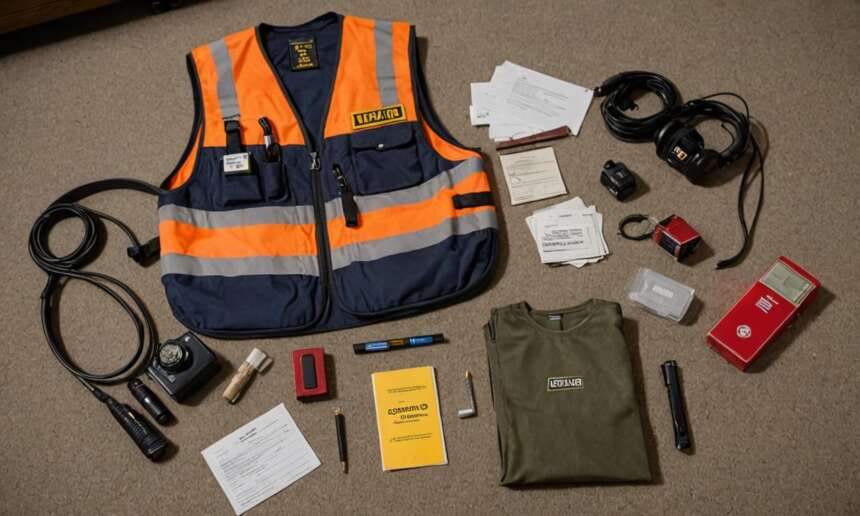As stewards, we play a vital role in various industries, ensuring the smooth functioning of operations in environments such as hotels, restaurants, cruise ships, and events. This article aims to provide a comprehensive understanding of what a steward’s job entails, from their responsibilities to the essential skills required.
The Role of a Steward
A steward is primarily responsible for maintaining cleanliness, order, and sanitation in their assigned area. Whether it’s a kitchen, dining area, or public space, stewards ensure that all facilities meet hygiene standards and are conducive to a pleasant experience for guests or customers.
Responsibilities
Stewardship responsibilities typically include:
- Ensuring cleanliness and tidiness of designated areas
- Washing dishes, utensils, and other kitchen equipment
- Managing waste disposal
- Assisting kitchen staff with food preparation and service
- Restocking supplies as needed
- Following health and safety regulations
Skills Required
Successful stewards possess a combination of technical skills and personal attributes, including:
- Attention to detail
- Physical stamina
- Ability to work efficiently under pressure
- Teamwork and communication skills
- Basic understanding of hygiene and sanitation principles
Industry Specifics
While the core responsibilities of a steward remain consistent across industries, there are some industry-specific nuances:
| Industry | Additional Responsibilities |
|---|---|
| Hotels | Assisting guests with luggage, managing laundry services |
| Restaurants | Setting tables, assisting servers, ensuring dining area cleanliness during service |
| Cruise Ships | Managing inventory, assisting with onboard events |
In essence, stewards are the unsung heroes behind the scenes, contributing to the overall success of various establishments by maintaining cleanliness and order. Their role is indispensable, and mastering the responsibilities and skills associated with stewardship is key to excelling in this profession.
Frequently Asked Questions
Here are some common questions about the role of a steward:
- What are the typical working hours for a steward?
- Is prior experience required to become a steward?
- How does one advance in a stewardship career?
- What are some challenges faced by stewards in their day-to-day work?
Working Hours
The working hours for stewards can vary depending on the industry and establishment. In hotels and restaurants, they often work in shifts that cover breakfast, lunch, and dinner services. On cruise ships, the schedule might follow the ship’s itinerary, which can include long hours during peak travel times.
Experience Requirements
While prior experience in hospitality or a related field can be beneficial, it’s not always required to become a steward. Many establishments offer on-the-job training to teach necessary skills and procedures. However, having some familiarity with basic hygiene and sanitation principles can be advantageous.
Career Advancement
Stewards can advance in their careers by demonstrating reliability, efficiency, and a strong work ethic. They may progress to supervisory roles where they oversee a team of stewards or move into other areas of hospitality management with further education and experience.
Challenges
Stewards often face challenges such as managing high volumes of dishes and utensils during peak hours, maintaining cleanliness standards in busy environments, and balancing multiple tasks simultaneously. Additionally, working in hospitality can be physically demanding, requiring stamina and resilience.




